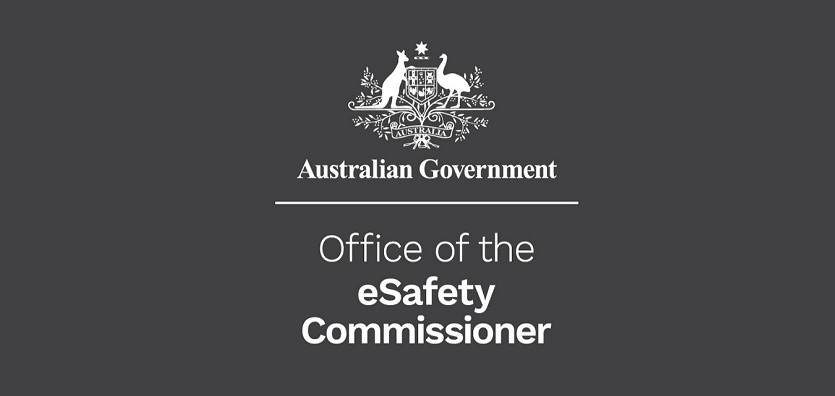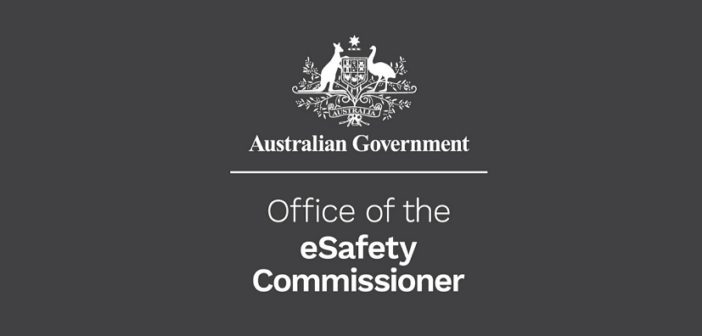
Those who share or threaten to share intimate images of Australians without their consent may now face civil and criminal penalties under new legislation passed by Parliament.
The Enhancing Online Safety (Non-consensual Sharing of Intimate Images) Act 2018 gives the Office of the eSafety Commissioner a range of enforcement options to require rapid removal of image-based abuse material and to hold perpetrators to account.
“The new penalties are an extra set of tools to help empower victims of image-based abuse regardless of where they live in Australia,” says Julie Inman Grant, eSafety Commissioner.
Since October 2017, the eSafety Office has received more than 360 reports from Australians who’ve had their intimate images or videos shared or threatened to be shared without their consent.
“Already, we have been successful in helping victims get their intimate material removed from websites in 80 per cent of cases,” says Inman Grant.
“This legislation complements our leading efforts to tackle image-based abuse, and sends a clear deterrent to perpetrators, and technology platforms, that this insidious behaviour will no longer be tolerated,” adds Inman Grant.
For more information about the new law or to report image-based abuse visit: www.esafety.gov.au/imagebasedabuse.
Background
- Under the Enhancing Online Safety (Non-consensual Sharing of Intimate Images) Act 2018(the Act) individuals may be subject to civil penalties of up to $105,000 and corporations up to $525,000 if they do not comply with a request from the eSafety Commissioner to remove an intimate image.
- Under the Act, the eSafety Commissioner may also give a remedial direction to a person to take steps to ensure they do not share or threaten to share, an intimate image without consent in the future.
- Additionally, the eSafety Commissioner may also informally seek removal of an image, accept an enforceable undertaking or seek an injunction from a court.
Amendments to the Criminal Code Act 1995 mean perpetrators may also face penalties of imprisonment for up to five years, or seven years if they have already had three civil penalty orders made against them.





